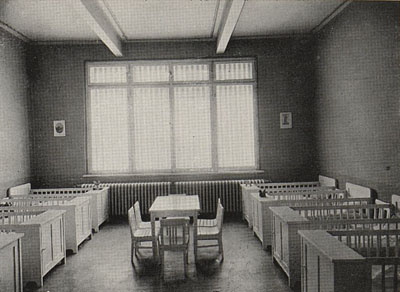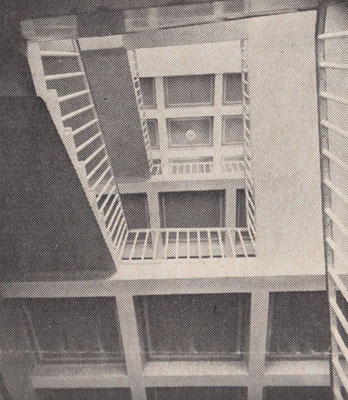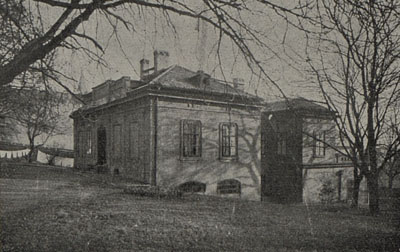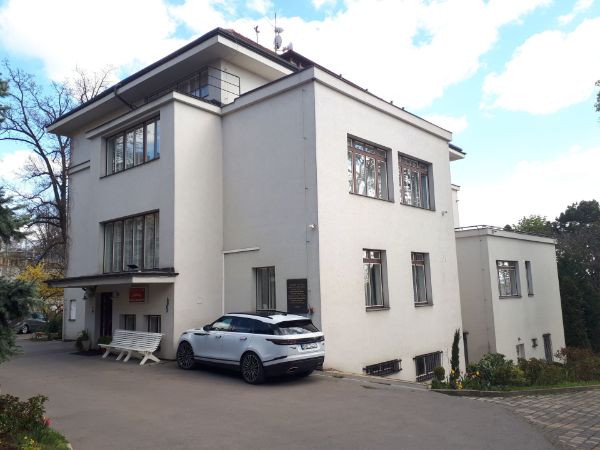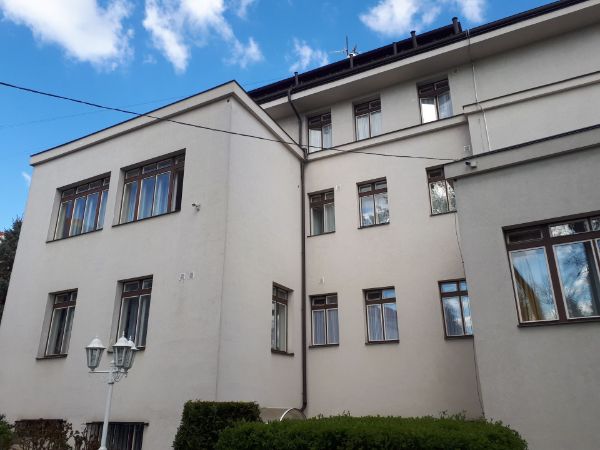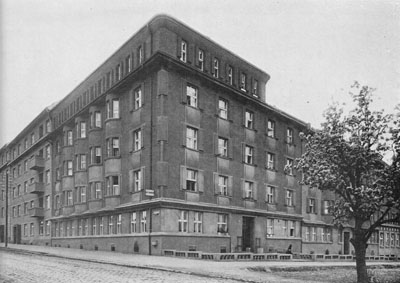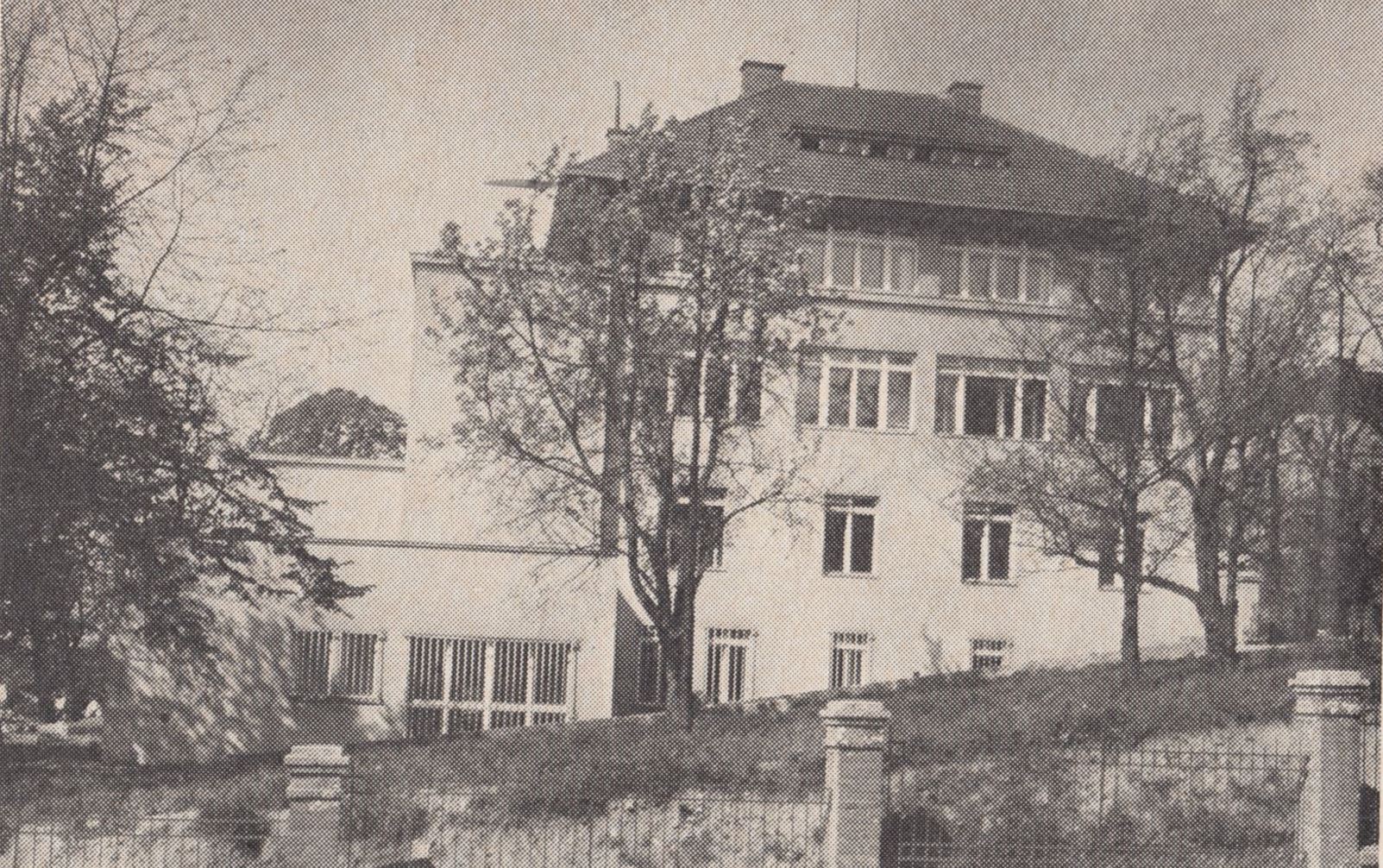
"The only kind of people (...) who have the hardest time finding a livelihood (...) have been neglected in the care of the socially vulnerable until recently. These are mothers with children, unwed mothers, widowed or abandoned men. (...) They do not find employment as soon as they announce that they will not separate from their children. Nor could they devote themselves to it without shelter or care for their children." The plight of single mothers, as described by the Czech World in 1925, was attempted to be solved by the "homeland" project for mothers without shelter, signed by Milada Petříková-Pavlíková and built by the Czechoslovak Protection of Women's Interests Association, headed by its chairwoman Františka Plamínková.
For the needs of the homeland, an abandoned "summer house" was acquired from the Central Social Office of the City of Prague, which the association subsequently had rebuilt and expanded according to Petříková-Pavlíková's plan. The two-storey villa thus became a four-storey building with a residential attic. In addition to various types of private accommodation (bedrooms for mothers with children, bedrooms for grown-up children, women's bedrooms, etc.), the programme also included common areas - including a dining room, kitchen, laundry, ironing room with almond room, etc. Compared to the original exterior form with attics, dormers and historicizing ornaments, the house gained a much simpler exterior after the reconstruction, without added facade decoration.
Sources:
Shelter for homeless mothers in Královské Vinohrady, Czech World XXI, 1925, No. 19, p. 15.
